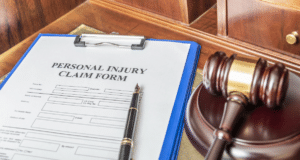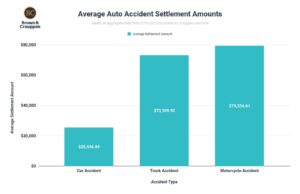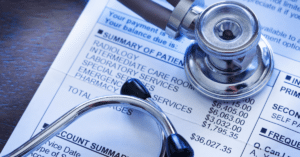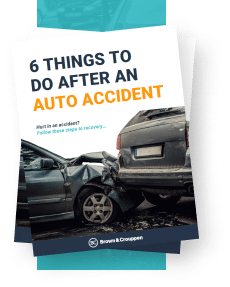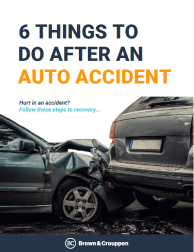

Use our legal checklist to learn what to do after an accident and understand key legal considerations for recovering financial compensation.
1. ASK QUESTIONS
Ask for how much the other driver’s property damage settled. Ask how badly hurt the other parties were injured. Ask how much insurance coverage you must cover the case. Ask what offers are made and whether the injured party ever agreed to settle the case within the policy limits. Your insurance company gets to decide what they are willing to offer, but you can ask them to settle the case for the policy limits.
Adjusters and defense attorneys love to tell you that the injured person and their attorney are being unreasonable. Still, they will not often tell you that they made a policy limit demand (meaning they agreed to settle the case for the policy limits). The insurance company refused to offer the limits, making it more likely that you will be dragged through litigation. If the injured party files a lawsuit and gets a verdict that is more than your policy limits, you must pay that! However, if you ask questions and ask the insurance company to settle the case within limits early on, you may be able to claim bad faith against your insurance company later.
2. CONSIDER GETTING INDEPENDENT COUNSEL
The defense attorney is supposed to represent you, but the adjuster gets to make the financial (and often strategic) decisions on your case. This is a conflict of interest. Ask the defense attorney to sit down with you and ask that they forward all correspondence from the injured party and their attorney. If they refuse, then you know that they are working for your best interest. Though there is an initial cost to it, getting independent counsel may help save you from an expensive verdict in the long run.
3. EVALUATE THE TYPE OF INSURANCE YOU HAVE
The best cure is prevention. Before you get into an accident, look at what kind of insurance you have, your policy limits, and ask what happens if you are in an accident. Likely you will be talking to an insurance agent at that point who will tell you that everything will be taken care of “no problem,” but be wary of insurance that seems too good (and too cheap) to be true. There is a reason they are cheap – they do not responsibly pay out their claims.

